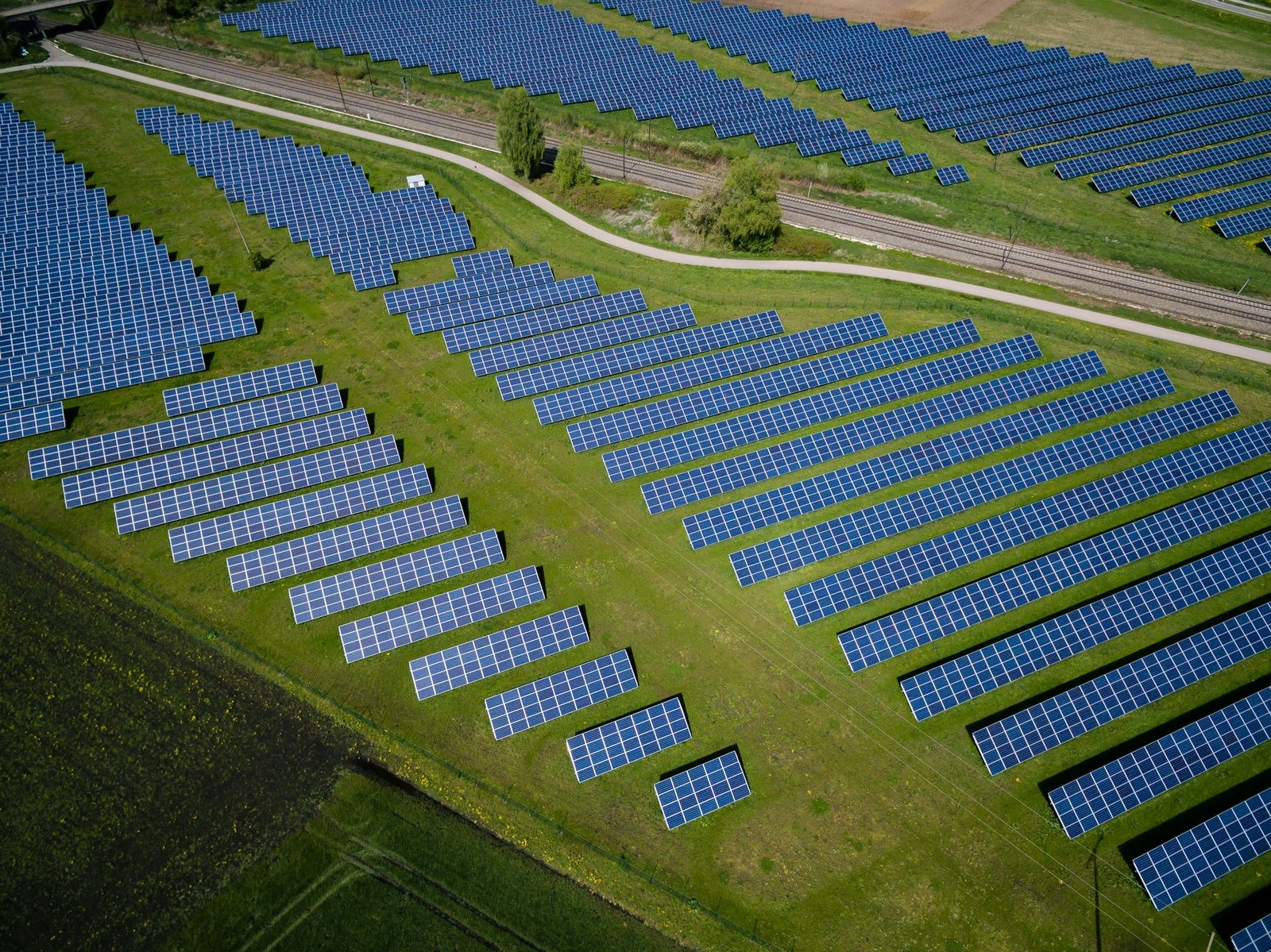
Leveraging Solar Energy: The Transformation of the Tech Industry through Solar Panels
With the increasing use of solar energy and solar panels, there has been a discernible movement in the IT sector toward environmentally conscious innovation.
Conservation efforts frequently ran counter to the industry’s emphasis on traditional energy sources. But things have changed noticeably in recent years. The IT sector, which is starting to recognize the potential of solar energy, is pushing for sustainability and battling climate change. The tech industry is well-known for its adaptability and quick expansion. This adoption showcases a dedication to eco-friendly practices while positioning solar energy as a frontrunner in technological innovation. It lines up with the increasing demand for eco-friendly goods and services among consumers.

Solar Energy System Foundations
The solar panel is an engineering marvel that transforms the energy from sunlight into electricity; it is the central component of solar power systems. Photons from the sun’s rays excite the electrons in semiconductors like silicon when they strike a solar panel. This starts the process by producing an electrical current. After that, the electricity is changed from direct current (DC) to alternating current (AC), which is suited for consumption in both residential and commercial constructions, using an inverter.
There is a wide variety of high-efficiency solar panels available to meet individual requirements. Monocrystalline solar panels are recognized for their gorgeous appearances and great performance. Their structure is built of a single, pure silicon crystal. Despite being less economical, single-crystal silicon panels are marginally less efficient than polycrystalline ones. Because they are thin and flexible, thin-film solar panels offer a flexible alternative in situations where more traditional panels would not be appropriate. Solar technology may now be deployed in a number of contexts, such as residential rooftops and huge solar farms, thanks to these breakthroughs.
Solar Panels’ Effect on the Technology Sector
The electronics sector has ushered in a new era marked by a strong emphasis on innovation and sustainability through the use of solar panels. This has a huge impact on business culture, operational procedures, and product development. Because solar energy is sustainable and good to the environment, it’s a perfect solution for IT companies wanting to decrease expenses and their carbon impact. The utilization of renewable energy sources is one of the fast increasing factors for evaluating a company’s environmental responsibility, which is affecting investment decisions and customer preferences.
Furthermore, the tech sector’s adoption of solar energy has hastened solar technology developments, improving the availability and efficiency of solar panels. As a result of this mutually beneficial partnership, more businesses are utilizing solar energy, demonstrating the crucial role the internet industry plays in supporting sustainable energy alternatives. Another evidence of the industry’s expanding acceptance and usage of green technologies is the rising demand for solar-powered devices, which vary from calculators and portable chargers to larger-scale installations like data centers powered by solar farms. By leading the way in adopting sustainable practices and aligning with global sustainability goals, the IT industry is solidifying its position as a frontrunner in the transition to a greener future.
Solar Power Adoption by Tech Giants: A Case Study
Many of the largest IT companies are at the forefront of the solar energy revolution by powering their operations with solar panels. They have some quite effective models. An example that has gained a lot of attention is a major multinational technology firm that has pledged to power all of its facilities with renewable energy. This company has reduced its carbon impact and helped local economies worldwide by installing solar panels. Another such situation involves a popular consumer goods company that sells various wearables and portable electronics that are fueled by solar energy. Through innovative product design and practical application, this program promotes the use of renewable energy sources and encourages individuals to make the move. In addition to meeting their own energy demands, these case studies show how leading IT companies are creating and selling solar-powered goods. These initiatives help make the planet a better, more sustainable place for generations to come.
Benefits of Solar Power for the Economy and the Environment
Solar energy is an encouraging step toward achieving both environmental sustainability and economic resilience. It offers a limitless renewable energy source that drastically cuts down on fossil fuel use and emissions of climate gases. If we want to keep ecosystems alive and reduce the impact of climate change, we must make this shift. The economic justification for solar energy’s long-term cost savings is solid. Solar panels and installation may save money on power bills over time, even after covering the upfront costs. There are new opportunities in production, installation, and maintenance brought about by the solar industry’s rapid expansion, which is good for the economy overall. The importance of solar energy in sustaining a strong and steady economy is underscored by all these benefits.

Solar Power and the IT Industry: Looking Ahead
Scientists predict that solar power and technological convergence will experience rapid innovation and widespread use in the years to come. New developments that seem to be revolutionizing the integration of solar technology with traditional electronics could open the door to more sustainable energy options. For example, transparent solar panels can transform windows into energy plants, drastically changing the way cities look. Solar power will become even more efficient as battery storage technology advances, ensuring a reliable power supply in all climates. Solar power is going to change our lives in real time and online since the IT industry is driving these advancements and taking sustainability to new levels.
To sum up
Using solar power is an integral part of the transition to a sustainable future in the IT industry. This synergy promotes green living while simultaneously fostering technological development. There might be seismic shifts if our contemporary world absorbed solar energy to a greater extent. Economic growth, environmental preservation, and new product development are all bolstered by the benefits. Because it shows a broader industry commitment to sustainable growth, the tech sector’s embrace of solar energy can be good for businesses. Solar power ultimately heralds a more sustainable, optimistic, and environmentally conscious generation.








